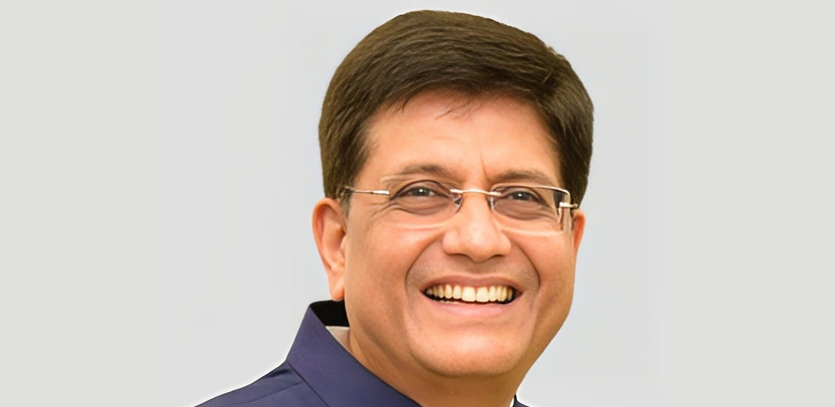

Negotiations between India and Oman for the proposed Free Trade Agreement (FTA), officially referred to as the Comprehensive Economic Partnership Agreement (CEPA), are progressing well, with Commerce and Industry Minister Piyush Goyal indicating that positive developments are expected shortly.

Image credit: facebook.com
“I think you will see some good news very soon on the Oman FTA,” Goyal told reporters when asked whether the deal could be finalised this year.
The talks for the CEPA began formally in November 2023 and gained significant momentum following Goyal’s visit to Muscat in January 2025. The minister is currently in France for official engagements, which include discussions with French leaders and businesses to bolster trade and investment ties, as well as participation in a mini-ministerial meeting of the World Trade Organisation (WTO) on 3 June.
In FTAs like CEPA, the two trading partners typically agree to either substantially reduce or fully eliminate customs duties on a majority of traded goods. These agreements also facilitate trade in services and help attract investment by simplifying rules and procedures.
Oman ranks as India’s third-largest export market within the Gulf Cooperation Council (GCC) bloc. India has already signed a similar trade agreement with another GCC member, the United Arab Emirates, which came into force in May 2022.
During FY 2024-25, bilateral trade between India and Oman stood at approximately USD 10.5 billion, comprising USD 4 billion in exports and USD 6.54 billion in imports. India’s primary imports from Oman include petroleum products and urea, which together account for over 70 per cent of total imports. Other significant imports consist of propylene and ethylene polymers, pet coke, gypsum, chemicals and iron and steel.
Speaking about the broader impact of FTAs, Goyal emphasised that such agreements go beyond mere trade facilitation. “These FTAs not just promote trade in goods and services, but also strengthen supply chains, bring confidence in businesses of both sides about stable policies and predictability,” he noted. “So in a way, it’s a big message when you conclude an FTA.”
When questioned about whether these agreements could lead to further domestic reforms, Goyal clarified that FTAs are independent of internal policy changes. “These agreements are more towards opening markets on both sides, which leads to greater competitiveness, improved productivity and efficiency in all processes,” he said.
He also mentioned that the National Manufacturing Mission, announced in the Union Budget, may soon be introduced. This initiative is expected to foster a more coordinated approach between the Centre and state governments in promoting manufacturing nationwide. “It will further bring an ‘orderly shape’ to how states and the Centre work together,” Goyal added.
Responses








